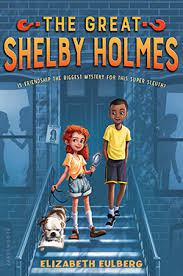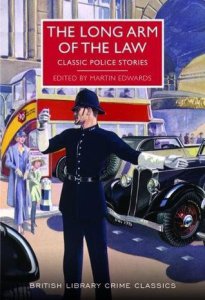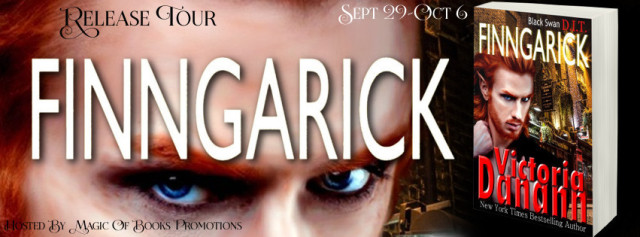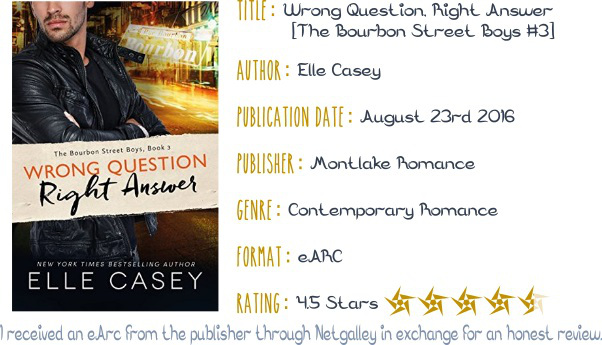By Amanda Cleary Eastep
In the corner of our fifth/sixth grade Lutheran classroom was a narrow bookshelf full of books that were ours alone.
Our parochial school had a library, a place I loved to visit despite the taunts of the older students who worked the desk: “You’ll never read this book. . .it’s too long/grownup/complicated.” Ah, the wisdom of eighth graders.
But those five or so short shelves in our classroom held books chosen just for us by the quiet and awkward man who was our teacher. We could freely take and read. Thank you Mr. Aukamp, wherever you are.
Among those spines, I discovered Judy Blume’s eye-opening Are You There God, It’s Me Margaret? and E.L. Konigsburg’s “now-I’ll-forever-want-to-runaway-to-the-Met” From the Mixed-up Files of Mrs. Basil E. Frankweiler.
As I grew up, books continued to be my mind and heart food. They nourished my imagination and my love of writing. They became part of me on a cellular level (like a great cheeseburger). I learned to process the world around me in words and stories. And after a long career as a writer, I now spend quietly intense days as a book editor.
Inspired by the post “What I Learned from the Seven Most Important Books I’ve Ever Read,” (written by our publishing house’s editorial director) I’m sharing what I learned from some of the most important books I’ve read. Half, I first read at a young age, and although a few would be considered “children’s” books, they simply are for everyone, because they, in the words of Madeleine L’Engle, “dare to disturb the universe.”
More important, good books dare to disturb our personal universe.
The Lion, the Witch, and the Wardrobe (and the Chronicles of Narnia) by C.S. Lewis
Read at age: 8 and lots of other ages
I remember that revelatory moment when this kid, raised in Sunday school and church, made the connection between Aslan and God, the Stone Table and the Cross, Edmund and myself. I thought I had opened a door into Narnia. I discovered that fantasy could powerfully speak into faith–or rather, that my God could speak into my young heart through a book from the library.
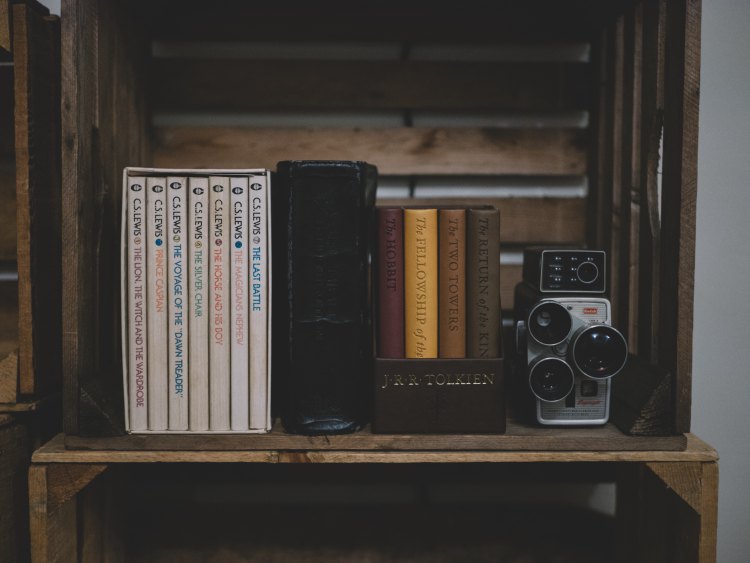
A Wrinkle in Time by Madeleine L’Engle
Read at age: 9, 13, 30, 48
Yes, the movie adaptation will be out soon. After seeing the trailers, I was disappointed by the inclusion of famous actors and a lot of sparkles. My hope for the film is that it doesn’t lessen one of the greatest strengths of the book, its refusal to do what L’Engle said some book editors wanted to do: soft-peddle the problem of evil. My first reading as a child probably had the deepest affect on me, but I’ve read it a few times since. And in 2004, I had a small, but meaningful, interaction with L’Engle that helped lift me out of a dark place, something that book has done for thousands of children (and adults).
To Kill a Mockingbird by Harper Lee
Read at age: 13 and several times after that
When I said a book becomes part of us at a cellular level, Mockingbird is the first book that comes to mind. Who doesn’t want to be Scout? The daughter of a noble man and witness to savage racism, she exhibits a strength and compassion I might not achieve in a lifetime. Unfortunately, racism was not foreign to me in my small Midwest farm town. How my young heart and mind responded had nearly as much to do with that book as with my faith.
Les Miserables by Victor Hugo
Read at age: 15
I can still picture the the blah book spine and smell the musty pages of this book that probably hadn’t been pulled from the high school library shelf since the ’60s when I discovered it in the early ’80s. I’m not sure why I decided to read it, but I had recently read Bram Stoker’s Dracula and wasn’t particularly enjoying the books we were being assigned in class. It’s a picture of grace and redemption and sacrifice in a time of tumult far removed from my small town life.
The Complete Stories, Wise Blood, Everything that Rises Must Converge by Flannery O’Connor
Read at age: 19 and again and again
As a young writer, I was most influenced by O’Connor and her “large and startling figures.” I spent the last two years of my undergraduate work intentionally and not so intentionally mimicking her tone and setting and startling characterization in my fiction. Again, I learned something about faith in Christ and how skewed it can become when lived out through human beings. More surprising was the fact that her stories helped me recognize my own sin.
For further reading: The Parables of Flannery O’Connor, Joyce Carol Oates
The Good Earth by Pearl S. Buck
Read at age: 39
A hard book. I read through this in a perpetual state of something like mourning. But I couldn’t put it down and still carry the weight of it somewhere in my heart. I recommend reading Pearl Buck in China: Journey to the Good Earth afterward by Hilary Spurling. This biography, which is more of a painted portrait, sheds a bright light on how Buck’s life informed the novel. Images of that book have stayed with me as much as those in The Good Earth.
Traveling Mercies by Anne Lamott
Read at age: 40
Oh, Anne. I love that I can feel connected to someone who doesn’t share some of my politics and even some of my values. Her honesty and humor bring me to tears one second and out-loud laughter the next. This is my favorite book by Lamott (except for Bird by Bird, which is another MUST READ for writers). Reading her is like eating honey straight from the hive. As a writer, this book inspired me to be more honest with myself …and with my reader.
The Pursuit of God by A.W. Tozer
Read at age: 50
I was reading this when I began my job in publishing, and during the long commute, I finished the book on audio. Too bad the CD couldn’t digitally sticky-tab every time I said wow. Enlightening is the best word for Tozer’s insight into the Christian faith.
Walking on Water by Madeleine L’Engle
Read at age: 50
I can’t believe it took me so long to read this book. If you’re a writer, especially, and also a person of faith, you’ll be inspired, encouraged, and humbled. My husband laughed at how many sticky tabs I used. 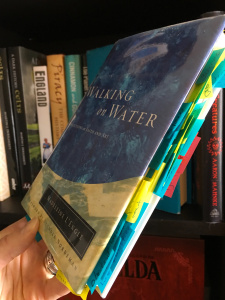
But one passage in particular speaks to faith and to all good books, really–those we write and those we read:
What books do you consider to be the “most important” you’ve read? Why?“I have often been asked if my Christianity affects my stories, and surely it is the other way around; my stories affect my Christianity, restore me, shake me by the scruff of the neck, and pull this straying sinner into an awed faith.”
(Featured image: Photo by Chris Bair on Unsplash)
Did this encourage you? If it did, please share it with others!